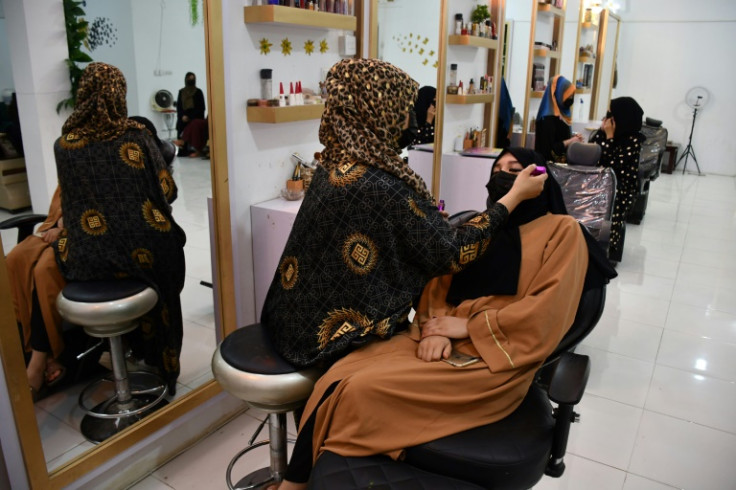Data reveals 4 in 10 women entrepreneurs in the UK struggle with insufficient cash flow
Recent research has revealed gender disparities among small business owners in the UK, particularly when it comes to cash flow.

With the constantly growing UK entrepreneurial sector, there has been an imbalance in the small and medium-sized enterprises (SMEs) ownership.
Recent studies and research have revealed considerable gender disparities among these business leaders, demonstrating varied degrees of confidence, problems and possibilities faced by women and men in the realm of entrepreneurship. Cash flow, in particular, has been a major concern affecting the ambition and growth of women-led businesses, compared to their male counterparts.
Recent research by Bibby Financial Services (BFS) revealed gender disparities among small business owners in the UK, particularly when it comes to cash flow. The research revealed that women small and medium-sized enterprise (SME) owners are more liable to experience cash flow issues that can hinder their business objectives and growth.
The research also pointed out that close to half (49%) of these women business owners attested that their cash flow is reliable and sufficient to meet their demands. There is somewhat of a difference when it comes to 66 per cent of male respondents, who experienced confidence in their cash flow situation. Also, 43 per cent women entrepreneurs believe they don't have the cash flow they need to grow, compared to 29 per cent of their male counterparts.
The findings further show a difference in confidence between female and male UK business owners, regarding their company's finances. This is especially worrisome because of the recent hike in interest rates, which has impacted business margins and cash flow capacities. The study also stated clearly that nearly half (48%) of female business leaders surveyed expressed concern about not being able to repay loans if interest rates rose further, compared to slightly under a third (32%) of their male counterparts.
Addressing the findings, Lucile Flamand, Chief Strategic Development Officer of Bibby Financial Services stated the effect of institutional barriers and entrenched stigmas on female-led businesses. She showed concern over the gap between women and men in the business world, emphasising that even in 2023, women entrepreneurs face more challenges in accessing funding compared to their male counterparts.
Despite generating twice as much revenue per dollar invested, women business owners receive less than half the investment capital compared to men, she added.
The struggle with obtaining finance for women-owned companies goes more than a lack of confidence, according to the report. The 2023 Alison Rose Review of Female Entrepreneurship revealed that half of female business leaders struggle with obtaining capital and investment in the last year, compared to 40 per cent of their male counterparts.
This concurs with BFS' own research – which saw 62 per cent of female SME leaders say it's harder to secure a business loan now compared to pre-pandemic, compared to 57 per cent of male business leaders.
Flamand said this comparison serves as a stark reminder of the work that still needs to be done, but she noted that female entrepreneurs remain motivated and determined, as evidenced by the fact that a record 150,000 new firms were founded by women in the UK last year.
She stressed: "Women business owners have so much potential to bring new ideas and exciting businesses into the world. So, now, it is more important than ever to make sure that we keep fighting the good fight – recognising both the opportunities and challenges for women-owned businesses and ensuring that access to finance is not one of them."
Flamand stressed the urgent need for progress, acknowledging that while there is still much work to be done, female entrepreneurs remain motivated and determined. On a positive note, a record 150,000 new businesses were founded by British women last year, highlighting their immense potential to bring forth innovative ideas and exciting businesses.
Ultimately, Flamand urged the continued fight for gender equality in entrepreneurship, recognising both the potential and obstacles faced by women-owned businesses. She stated that ensuring equal access to finance is crucial to level the playing field and foster an environment where all entrepreneurs, regardless of gender, can thrive and contribute their talents to the business world.
© Copyright IBTimes 2025. All rights reserved.






















